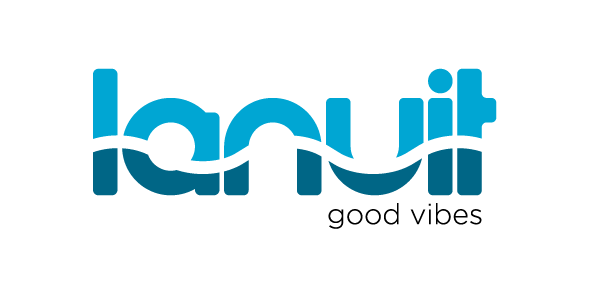Summer Naps: Benefits and How to Take Them Properly
 Summer is a time of year that brings longer days, higher temperatures, and often, a feeling of fatigue due to the heat. During these months, taking a nap can be an effective way to recharge and improve our overall health and well-being. However, to reap the maximum benefits of a nap, it’s important to know the ideal duration and timing for taking them. In this blog post, we’ll explore the benefits of short naps during the summer and offer practical tips on how to take them properly.
Summer is a time of year that brings longer days, higher temperatures, and often, a feeling of fatigue due to the heat. During these months, taking a nap can be an effective way to recharge and improve our overall health and well-being. However, to reap the maximum benefits of a nap, it’s important to know the ideal duration and timing for taking them. In this blog post, we’ll explore the benefits of short naps during the summer and offer practical tips on how to take them properly.
Benefits of Summer Naps Improved Cognitive Performance Naps can significantly enhance cognitive performance, including memory, concentration, and problem-solving ability. This is particularly beneficial during the summer when the heat can make us feel sluggish and less alert.
Increased Energy A short nap can be an excellent way to regain lost energy due to high temperatures and physical activity. This can help you stay active and productive throughout the rest of the day.
Mood Enhancement Taking a nap during the day can improve your mood and reduce stress levels. Naps help reduce feelings of fatigue and can make you feel more positive and relaxed.
Enhanced Physical Performance Naps can also benefit physical performance. For those who engage in sports or physical activities, a nap can help improve coordination and endurance.
Reduced Risk of Illness Regular napping can contribute to reducing the risk of cardiovascular diseases. Studies have shown that people who nap regularly are less likely to experience heart attacks and other heart-related issues.
Recovery of Lost Sleep During the summer, changes in routine and high nighttime temperatures can affect the quality of nighttime sleep. Naps can help compensate for this deficit, ensuring you get the necessary rest.
Ideal Duration of Summer Naps The duration of the nap is crucial for maximizing its benefits and avoiding negative effects such as sleep inertia, which is that feeling of grogginess that can occur if you wake up during a deep sleep phase. Here are some guidelines for nap duration:
Ultra-short Nap (5-10 minutes)
Benefits: Can improve alertness and cognitive ability without entering a deep sleep phase. Ideal for: A quick boost of energy and mental clarity. Short Nap (20-30 minutes)
Benefits: Improves performance and alertness without the effects of sleep inertia. This duration allows the body to enter stage 2 sleep, which is restorative without reaching deeper stages. Ideal for: Recharging energy and enhancing concentration. Long Nap (60-90 minutes)
Benefits: Includes a full sleep cycle, allowing for REM sleep, which is important for memory and creativity. However, it may result in sleep inertia if interrupted. Ideal for: Recovering lost sleep and improving complex cognitive skills. Ideal Timing for Summer Naps The time of day you take a nap also affects its effectiveness. Here are some tips on the ideal timing for naps:
After Lunch (12:00-14:00)
This is the most natural time to feel sleepy due to the body’s circadian rhythms. It’s also the most suitable time for a short nap without affecting nighttime sleep. Ideal for: A quick nap to recharge and boost productivity in the afternoon. Early Afternoon (14:00-16:00)
Taking a nap in this window can still be beneficial, but care should be taken not to nap too late, as it may interfere with nighttime sleep. Ideal for: People needing an energy boost for evening or work activities. How to Take a Nap Properly To make the most of the benefits of a nap during the summer, here are some practical tips:
Find a Cool, Dark Place
Look for a place where you can lie down comfortably and where the temperature is pleasant. A dark environment can help you fall asleep more quickly. Maintain a Regular Schedule
Try to take a nap at the same time every day to train your body and establish a routine. Use a Sleep Mask and Earplugs
If you can’t find a dark and quiet place, a sleep mask and earplugs can help create a conducive environment for rest. Set an Alarm
Set an alarm to wake up after the desired time to avoid oversleeping and affecting your nighttime sleep. Relax Before the Nap
Take a few minutes to relax and calm your mind before trying to sleep. Deep breathing techniques or meditation can be helpful. Avoid Caffeine and Heavy Meals Consuming caffeine or heavy meals before a nap can make it difficult to fall asleep. Try to avoid these foods and drinks at least an hour before your nap.
Personalize Your Nap Not all naps are the same, and what works for one person may not be ideal for another. Experiment with different durations and times of day to find the combination that works best for you.



Leave a Reply
Want to join the discussion?Feel free to contribute!